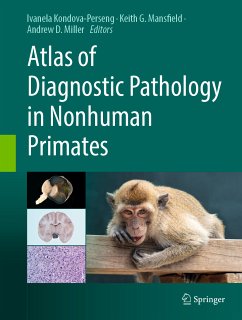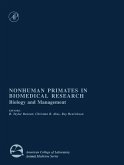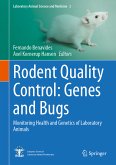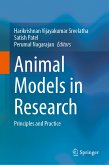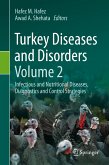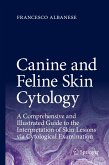The Atlas of Diagnostic Pathology in Nonhuman Primates offers the first extensively illustrated collection of classic lesions in nonhuman primate diseases and pathological conditions, compiled by an international team of expert contributors. Organized by infectious and noninfectious conditions, the atlas comprehensively covers viral, bacterial, fungal, and parasitic diseases, as well as nutritional, toxic, and metabolic causes, and genetic, age-related, neoplastic, and noninfectious inflammatory conditions. Since nonhuman primates are an indispensable resource for efficacy and safety evaluation of novel therapeutic strategies targeting clinically important human diseases, research with monkeys is critical to understand how to prevent and treat emerging infectious diseases such as Zika virus disease, Ebola, Middle East Respiratory Syndrome (MERS), COVID-19/SARS-CoV-2/coronavirus, pandemic flu, and many more. This book is intended to serve veterinary practitioners in university facilities, zoos, biotechnological and pharmaceutical companies, as well as clinicians, researchers, and students engaged in nonhuman primate research.
Dieser Download kann aus rechtlichen Gründen nur mit Rechnungsadresse in A, B, BG, CY, CZ, D, DK, EW, E, FIN, F, GR, HR, H, IRL, I, LT, L, LR, M, NL, PL, P, R, S, SLO, SK ausgeliefert werden.

